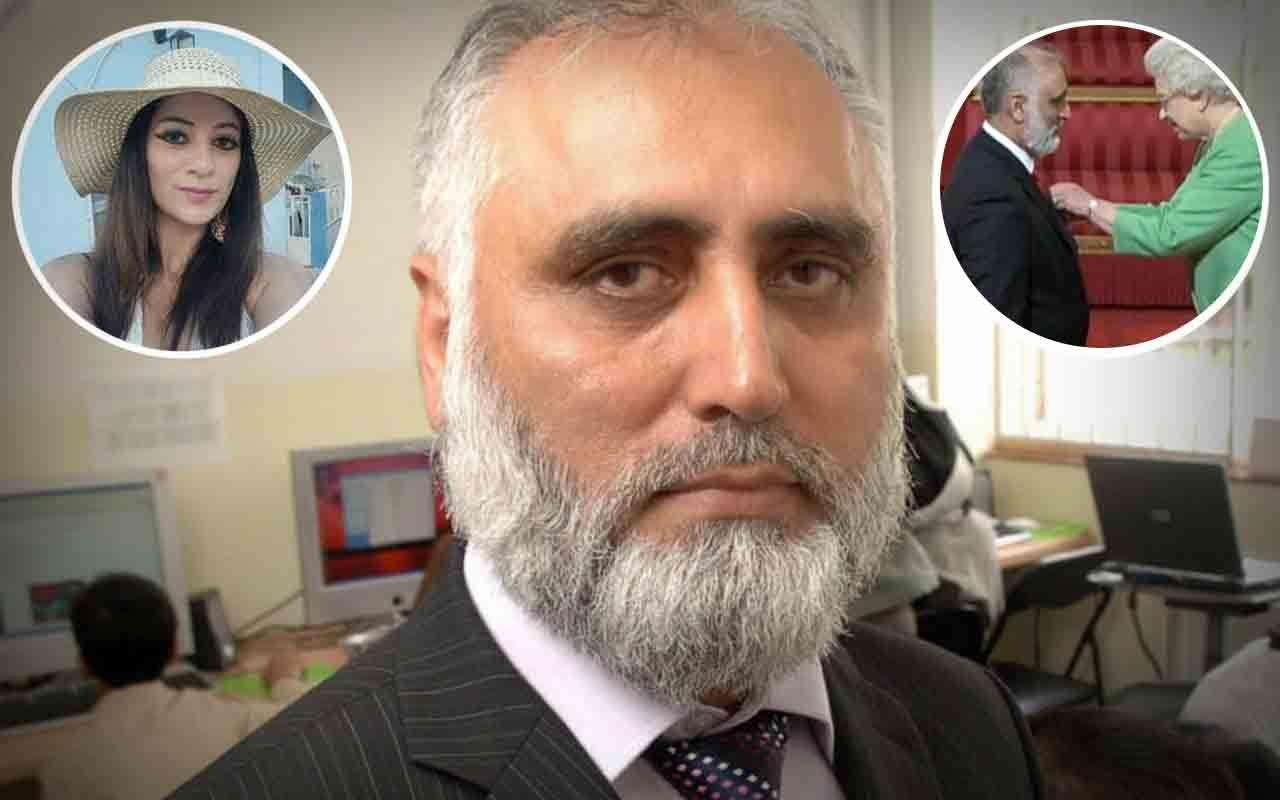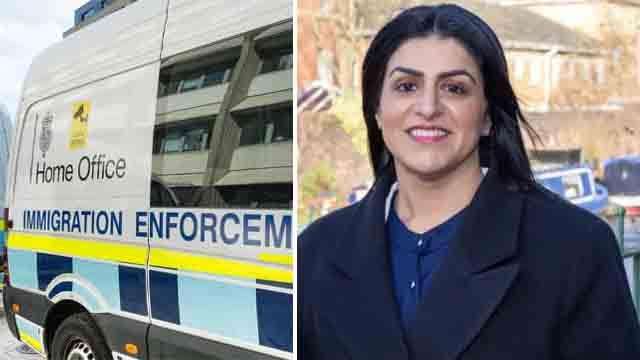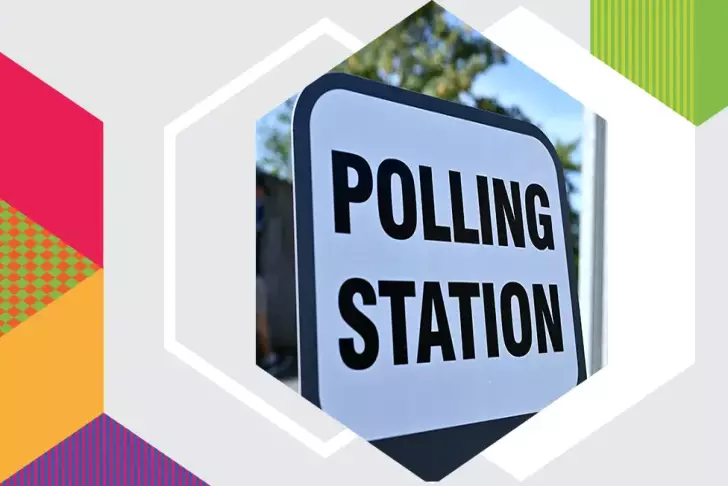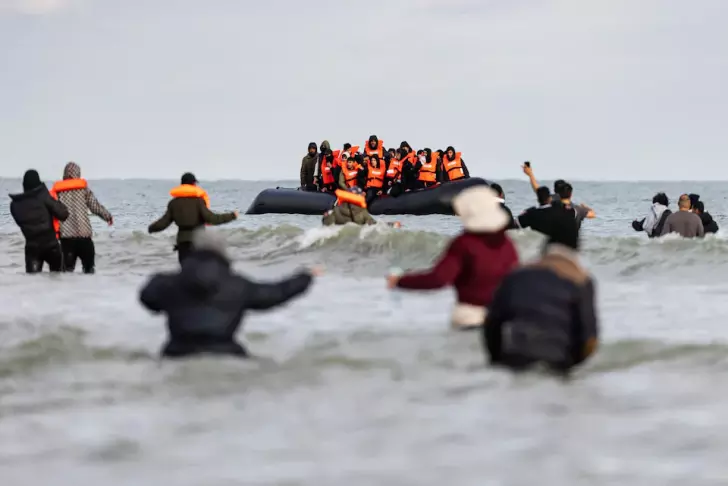Every person living in England and Wales will be able to cast a ballot in a local election this spring, whether it is for a police and crime commissioner, mayor, or council member.
Even while problems like potholes and trash collection usually determine these votes, it still provides the greatest gauge of public sentiment before the next general election, which is scheduled for some time before January 2025.
Here’s everything you need to know ahead of the ballot:
- When are the 2024 local elections?
- Is there a local election in my area?
- Who are the candidates in my local elections?
- Mayoral elections 2024
- Police and crime commissioners
- Greater London Authority
- Am I registered to vote?
- How to vote in person
- Why was voter ID so controversial?
- How to vote by proxy
- Can I still apply for a postal vote?
- Do local elections affect general elections?
When are the 2024 local elections?
Most of England will be heading to the polls on May 2 for local elections, and also mayoral elections in many of England’s biggest cities.
Voters will go to the ballot box to elect their local councillors, police and crime commissioners (PCCs) and, for those in the capital, all 25 members of the London Assembly.
Is there a local election in my area?
You can enter your postcode into The Telegraph’s local elections lookup tool to see the votes taking place in your area.
Who are the local election candidates?
Roughly 2,600 seats across 107 of England’s 317 councils are being contested in the local elections, with the Conservatives and Labour both defending just under 1,000 each.
Either a third, half or all councillors in a particular authority holding a ballot will be up for election.
Councillors are elected for a four-year term to represent their ward, shape policy and oversee the provision of a wide range of services in the community.
Mayoral elections 2024
Directly elected mayors have devolved powers over the local economy, transport infrastructure, the environment and planning.
Labour’s Sadiq Khan is seeking re-election as Mayor of London, as are the mayors of six combined authority regions – including Labour’s Andy Burnham in Greater Manchester and Andy Street, the Tory mayor for the West Midlands – and Salford.
Mr Khan’s main challenger is Conservative candidate Susan Hall but the polls suggest that the incumbent is on track to win a historic third term despite anger over his handling of crime, green transport schemes and months of pro-Palestinian protests.
Three regional mayors will also be sworn in for the first time in the East Midlands, North East, and York and North Yorkshire.
Police and crime commissioners
England and Wales are divided into 39 police force areas, each of which is headed by a unique police and crime commissioner (PCC).
PCCs are elected every four years and 37 will be up for re-election on May 2. They are the public face of the force they oversee, and bear ultimate responsibility for setting budgets, cutting crime and holding officers to account.
The mayor is in charge of policing in London, Manchester and the three combined authorities across Yorkshire.
Greater London Authority
While none of the capital’s 32 boroughs are holding local elections, Londoners will be asked to cast ballots for two of the 25 members of the London Assembly – one representing their area, and another from a city-wide list.
Their main role is to scrutinise the mayor and their executive team’s work.
Am I registered to vote?
Voter registration ended on 16 April, however, you normally only need to register to vote once - only requiring to register again if you have changed your name, address or nationality.
You can check if you are on the register by contacting your local electoral registration office.
How to vote in person
Since May 2023, voters in England and Wales have needed to provide a form of photographic ID at the ballot box.
This means that at the upcoming local elections voters will need to show a form of identification such as a driving licence, passport or blue badge in order to be able to cast their vote.
Certain travel passes can be used as valid photographic ID. The name on the ID must match the name provided on the electoral register, otherwise a voter can bring a document with them to the polling station that proves they have changed their name.
Voters are also able to apply for a free voter authority certificate (VAC), either online or by post, if they do not have accepted photo ID available.
Local electoral registration offices can provide information about where the nearest polling station is - but voters are also sent a poll card that says when the vote is and which station to attend.
Why is voter ID so controversial?
The Government has said the change is necessary to curb the “inexcusable potential” for “stealing someone’s vote” by simply quoting their name and address at the ballot box.
But critics say actual claims of electoral fraud are very rare in the UK. The Electoral Reform Society says that in 2019, the last general election year, there were only 33 allegations of impersonation at the polling station out of more than 58 million votes cast.
Opponents of the rule have also warned it will make it more difficult for certain people to vote, including the disabled, transgender and non-binary people, and black and ethnic minority groups.
How to vote by proxy
You are able to get someone else to vote on your behalf if you cannot attend a polling station in person for the upcoming local elections.
Voters can apply for a proxy to go to the ballot box on their behalf in a limited set of circumstances, including if you are away on polling day, are a registered overseas voter or have a medical issue or disability.
You can also do so if you cannot vote in person because of work or military service.
Applications for proxy voting ended at 5pm on 24 April, though you may be able to put in an application for an emergency proxy vote in certain cases. These include a lost photographic ID or a medical emergency.
Your chosen proxy must be someone you trust to vote on your behalf. They must be registered to vote, and can do so at the polling station on your poll card.
Can I still apply for a postal vote?
No. Applications for postal votes ended on 17 April.
How will the Tories do in the local elections?
The scale of Conservative Party losses may also prove significant, with some analysts predicting that the Tories could lose half of the approximately 1,000 councillors they have up for election.
Analysis by election experts Michael Thrasher and Colin Rallings suggests that the Conservatives could lose as many as 500 seats if they repeat their poor showing at last year’s local elections.
However, Lewis Baston, who has written about elections for more than three decades, noted one-third of the seats were last fought in 2019, 2022 or 2023 because of boundary changes.
This suggests that Tory support in those seats is more resilient, having already withstood multiple changes of leadership.
However, just as a better-than-expected showing could bolster Mr Sunak and shift the tone of the discourse surrounding the next general election, the Conservatives underperforming could add to fresh speculation about whether the Prime Minister could be replaced before the next national poll.








.svg)

